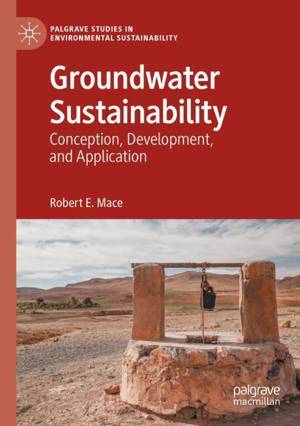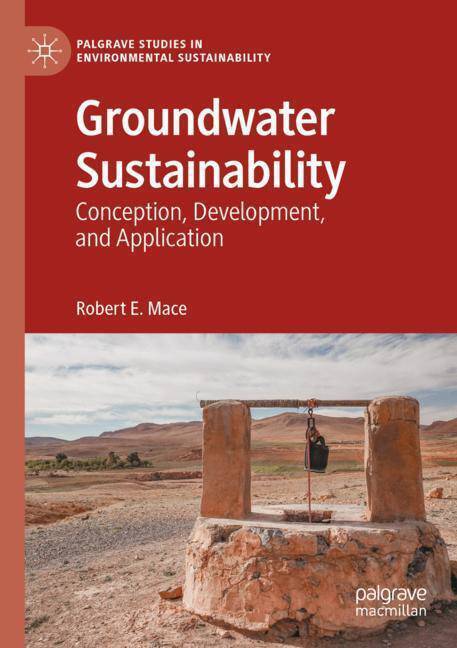
- Retrait gratuit dans votre magasin Club
- 7.000.000 titres dans notre catalogue
- Payer en toute sécurité
- Toujours un magasin près de chez vous
- Retrait gratuit dans votre magasin Club
- 7.000.0000 titres dans notre catalogue
- Payer en toute sécurité
- Toujours un magasin près de chez vous
158,45 €
+ 316 points
Format
Description
This book will provide a comprehensive discussion of groundwater sustainability, including what it is, how its definition has changed over time, why traditional assessments of it are wrong, how assessments of it are ideally multidisciplinary efforts recognizing that policy is more controlling of outcomes than science, and why achieving it is difficult once pumping exceeds sustainable levels of pumping. The book will provide a nontechnical background of hydrogeology relevant to groundwater sustainability and present several case studies from around the United States and the world.
The book has been designed to appeal to academics, students, and practitioners. Academics, particularly those just getting into the subject, will find the book a useful entry in terms of management concepts and political realities of attempting to achieve groundwater sustainability. It will also be useful to academics in that the book will include discussions on the history and development of groundwater sustainability and the practical aspects of aspiring to and achieving sustainable production. Although not a textbook, the book could be used as the basis for teaching a course or as a supplement to a hydrogeology or groundwater management class. Accordingly, the book will include questions and additional reading materials at the end of each chapter. This book will also be useful to practitioners through non-technical explanations of the sciences, discussions of the nuances of defining sustainability in aquifers, and the presentation of case studies where sustainable management has failed and succeeded.Spécifications
Parties prenantes
- Auteur(s) :
- Editeur:
Contenu
- Nombre de pages :
- 278
- Langue:
- Anglais
- Collection :
Caractéristiques
- EAN:
- 9783031135187
- Date de parution :
- 11-01-24
- Format:
- Livre broché
- Format numérique:
- Trade paperback (VS)
- Dimensions :
- 148 mm x 210 mm
- Poids :
- 358 g

Les avis
Nous publions uniquement les avis qui respectent les conditions requises. Consultez nos conditions pour les avis.






